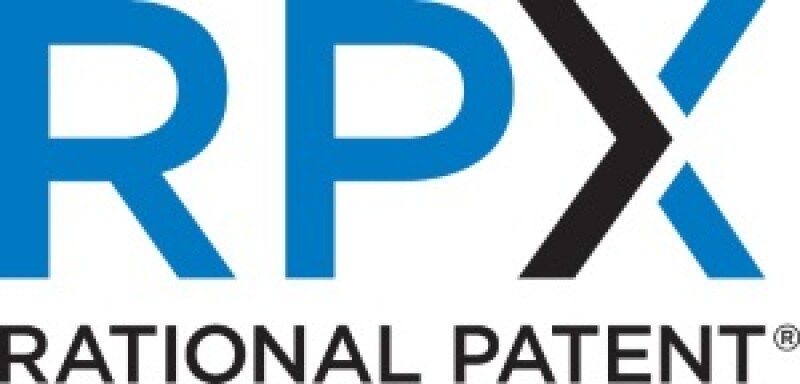
Rockstar was formed in 2011 by Apple, Blackberry, Ericsson, Microsoft, and Sony to purchase approximately 6,000 patent assets from the Nortel bankruptcy estate for $4.5 billion. Approximately 2,000 of these patent assets were previously distributed to various Rockstar owners and are not part of this transaction.
RPX received a transaction fee for its work, a portion of which has already been included in 2014 guidance and the remainder of which will be recognised upon closing. In addition, RPX expects to contribute approximately $35 million to the transaction in exchange for ownership of the patents. RPX will recoup a majority of the investment from licensees already under contract.
RPX Clearinghouse will receive license payments from a syndicate of more than 30 companies, including Cisco and Google. Upon closing, syndicate participants will receive non-exclusive licences to the Rockstar patents, and RPX Clearinghouse will make the patents available for license to all other interested companies under fair, reasonable, and non-discriminatory (FRAND) terms.
John Amster, CEO of RPX, commented: “We commend everyone involved for their leadership and commitment to clearing the risk of the Rockstar portfolio by negotiating a reasonable purchase price in one efficient transaction.”
Mark Chandler, general counsel of Cisco, said: “With RPX acting as a clearinghouse and deal manager, a global consortium of unprecedented scale came together willingly and reached a fair value for licensing patent rights in a negotiated business transaction instead of a courtroom. This is an approach and transaction that is constructive for the entire industry.”
Amster added: “This is the largest syndicate of its kind, and it proves once again that our clearinghouse approach can transform the patent licensing process from one dominated by prolonged litigation to one that is transparent, scalable, and provides a rational outcome for licensors and licensees alike.”









